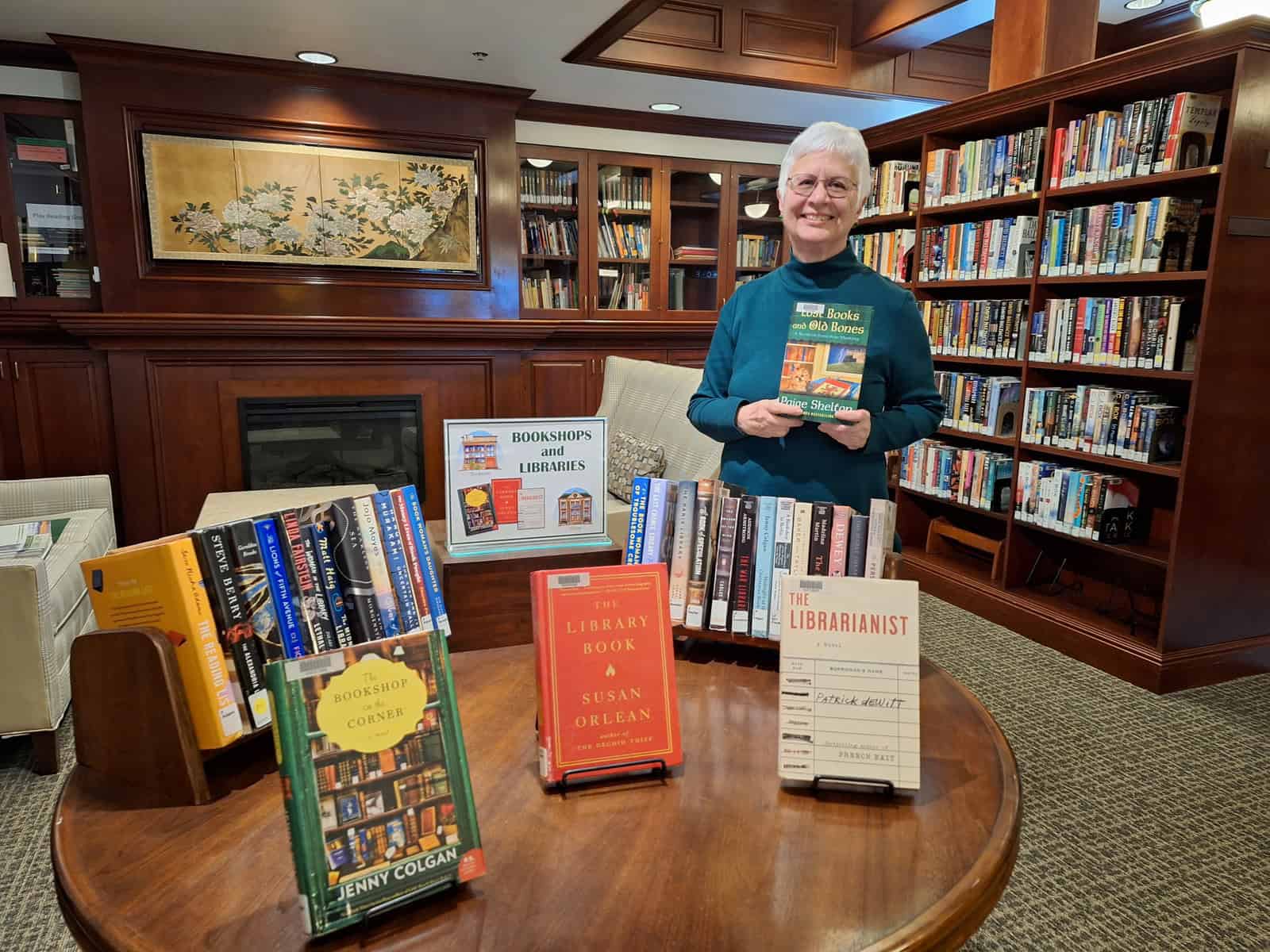Phallus impudicus, or “Phalloides”
by Eleanor Lippman
Our University of California research lab, which specialized in microbial biochemistry, collaborated with a research laboratory at Purdue University where electron microscopy was the primary focus. This meant visits back and forth by the scientists often bringing along their highly trained employees.
One visit in particular stands out. Dr. B. arrived in our lab with his assistant, the talented, diminutive and dedicated Filipina green card holder, Lina, who worked diligently to maintain her position and green card status at Purdue.
Immediately on their arrival, Dr. B. tossed a fat manila envelope on the lab bench for my boss, Dr. G. to examine, saying, “Here, you have got to look at these . . .”
Thinking they were the electron micrographs of the material I had been shipping in packages with samples sitting in dry ice via overnight express, I stood nearby and continued to work on what I had been doing. When they didn’t call me over to join them in viewing the photos, I suspected something was up. As both men burst into laughter while shifting through the stack, I realized they were not looking at my research samples.
Now I was really curious. Totally immersed in paging through the stack, the two of them weren’t aware of my approach so I peeked over their shoulders to see what they were so gleefully looking at.
The photos were pure pornography. Photograph after photograph of female breasts, all shapes, all sizes. Stunned, I stepped back and walked away. I had never been exposed to such infantile male behavior and found it appalling. Then I realized that these photos were not human breasts at all but photographs of fungal spores carefully cropped and arranged to look something they were not. The spores were long and oval and the old attachment point to the main fungus would easily be interpreted to be a nipple. Capturing image pairs of these spores could easily be mistaken for something else. How juvenile! How insulting to women!
How poor Lina, who most certainly was the one that had to print each one of them, must have suffered through that assignment. What a stupid and miserable thing to do. What immature male behavior.
Angry and disappointed in both men, I remembered ‘Phalloides’. Actually, I had the name slightly incorrect. I should have said, “Phallaceae”, but the effect was the same.
While watching the two of them laughing and looking at photograph after photograph, a thought popped into my head, something I remembered reading about in my Introduction to Mycology class. The text book described women in medieval days, entering wooded and mulched gardens from summer to late autumn. Carrying baskets they were looking for certain mushrooms among the forest floor debris because they felt it would be indecent for young women and girls to come upon the very sight of them. Best to remove them as quickly as possible. The mushrooms they were looking for resembled a male erect penis poking out from the rotting leaves and moist earth. To make matters worse, this fungus spreads its spores by attracting flies, and to attract flies the fungus secretes an obnoxious odor often described as “rotting carrion”. The mature fruiting bodies can be smelled from a considerable distance in the woods, and at close quarters most people find the cloying stink extremely repulsive. The spores are embedded in this sticky, smelly substance on a cap at the very end of the stalk, adding to the appearance of a male genital just waiting for flies and other insects to innocently carry the spores away.
Small wonder the grannies of the village wanted to collect and dispose of these clearly pornographic items before any young impressionable girl could stumble on them, lest they inspire evil thoughts.
With that in mind, I innocently walked past the two men engrossed in their visual orgy, peered over their shoulders long enough to see what had them so interested and innocently asked, “Do you have any Phalloides photos in there?”
They both turned to me with a deer-in-the-headlights look, knowing exactly what I was referring to, and quickly stuffed the photos back into the envelope and walked away without making any further eye contact with me.
Bingo! I scored!
I never saw those photos again and we never talked about them.
In the remaining years I worked in that lab, we never, ever, had an incident of anyone crudely mocking either sex or telling smutty jokes or any other incident even the slightest bit demeaning to anyone. It was a pretty darn good place to be employed.
The fungus is known as the Common stinkhorn (Phallus impudicus). Kingdom: Fungi; Division: Basidiomycota; Class: Agaricomycetes, Order: Phallales, Family: Phallaceae, Genus: Phallus. It is well named.
[To view an image of the fungus, Click Here. Viewer discretion is recommended.]



 Poems draw connections, between remembered sensations, feelings, and stories that abide and sometimes persist in our lives. The poems in this month’s assemblage have been collected from the archives of Manor residents. As you read them, they may elicit your own connections – enjoyable or poignant – that you can gently consider.
Poems draw connections, between remembered sensations, feelings, and stories that abide and sometimes persist in our lives. The poems in this month’s assemblage have been collected from the archives of Manor residents. As you read them, they may elicit your own connections – enjoyable or poignant – that you can gently consider.